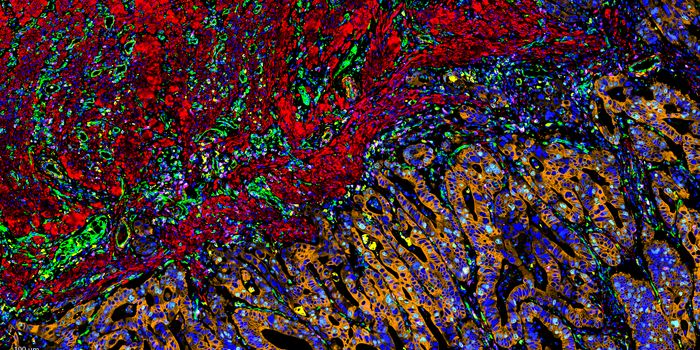The Immune System: A New Hope for Opioid Addiction?
As the death toll for opioid addiction rises to a total of 115 deaths per day average, researchers race to determine the underlying factors that drive these addictions. Opioid addictions result from the overuse of certain pain-relieving medications, heroin, and even fentanyl – a synthetic opioid with extremely high potency. Drug abuse not only hurts the user and their loved ones, but also has economic impacts that include the cost of healthcare, criminal litigation, and time away from work. It is for reasons such as these that we see individuals like Erin Calipari, assistant professor of pharmacology at Vanderbilt University, dedicating their efforts to discovering ways that can combat addiction.
Calipari and her team have recently submitted their research in the Journal of Neuroscience, suggesting there are specific immune system peptides, molecules that are involved in cell signaling, which could have effects on the brains activity and how it relates to addiction. “There are factors within the immune system that are directly changing the way that these brain reward systems drive behavior,” explains Erin. Calipari suggests the immune system may have a degree of control over cravings. Her team has displayed that by altering the immune peptides, they were able to manipulate sugar cravings in murine models.
There are many factors at play with drug addiction which is defined by the NIH National Institute on Drug Abuse defines drug addiction as “a chronic, relapsing brain disease that is characterized by compulsive drug seeking and use, despite harmful consequences.” Calipari is working with Icahn School of Medicine at Mount Sinai to determine how her work can be made useful to human patients.
Vanderbilt recognizes that drug abuse is a public health threat. Calipari hopes that her work intervening in the neurological aspects of the disease will reduce its severity and will help improve how to “define treatment in various populations [of patients].”
Source: National Institute on Drug Abuse, National Institute on Drug Abuse, The Journal of Neuroscience, YouTube









